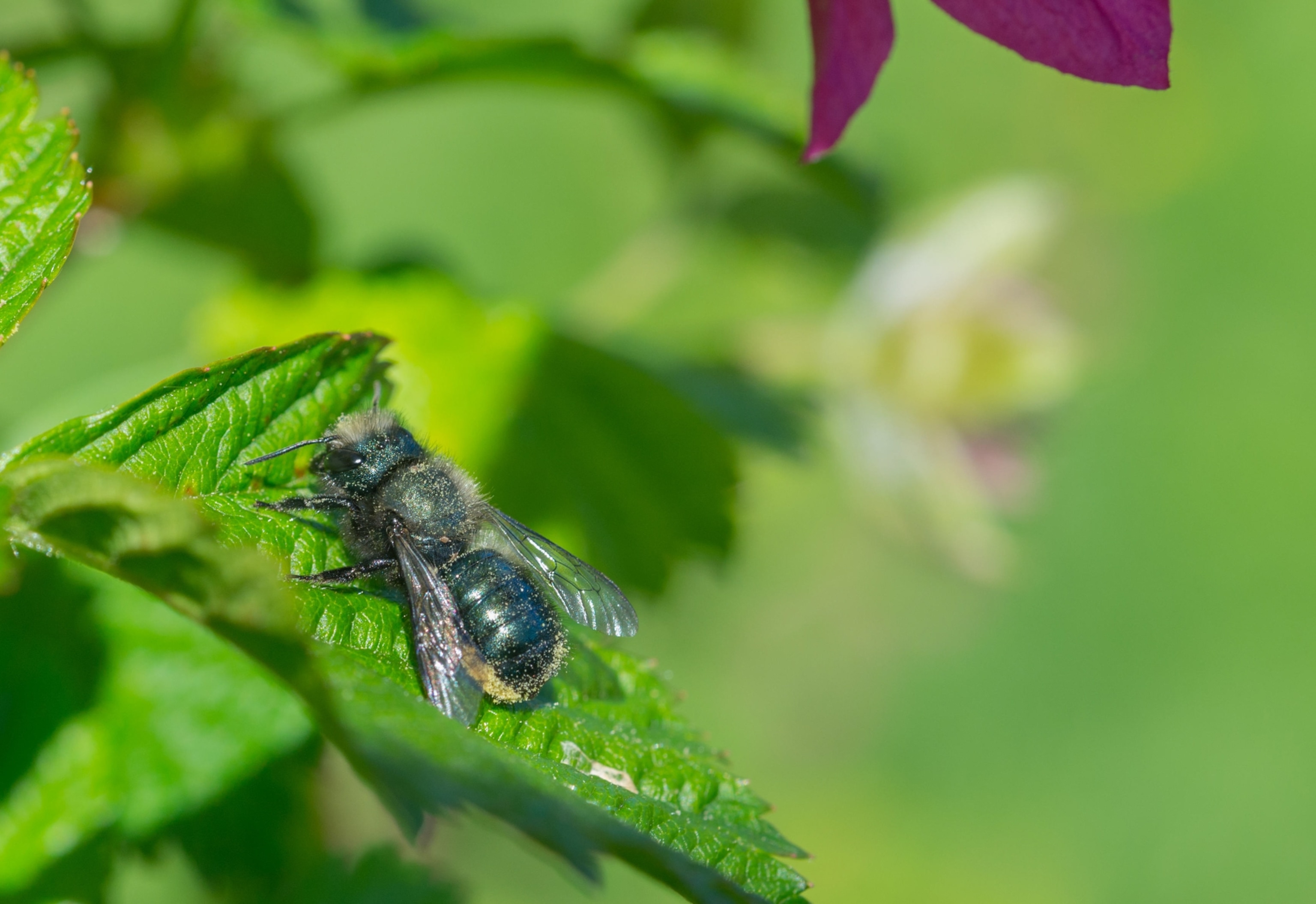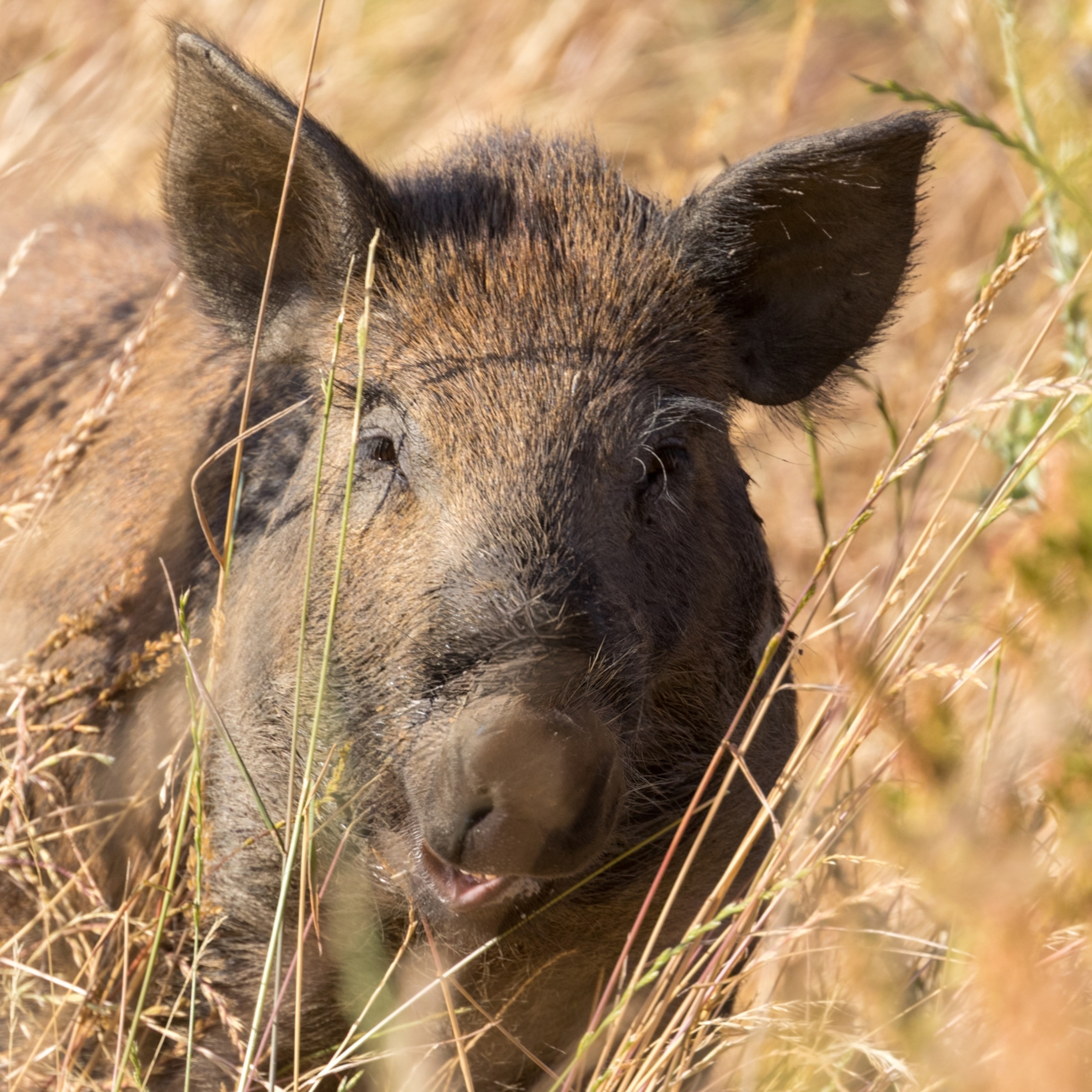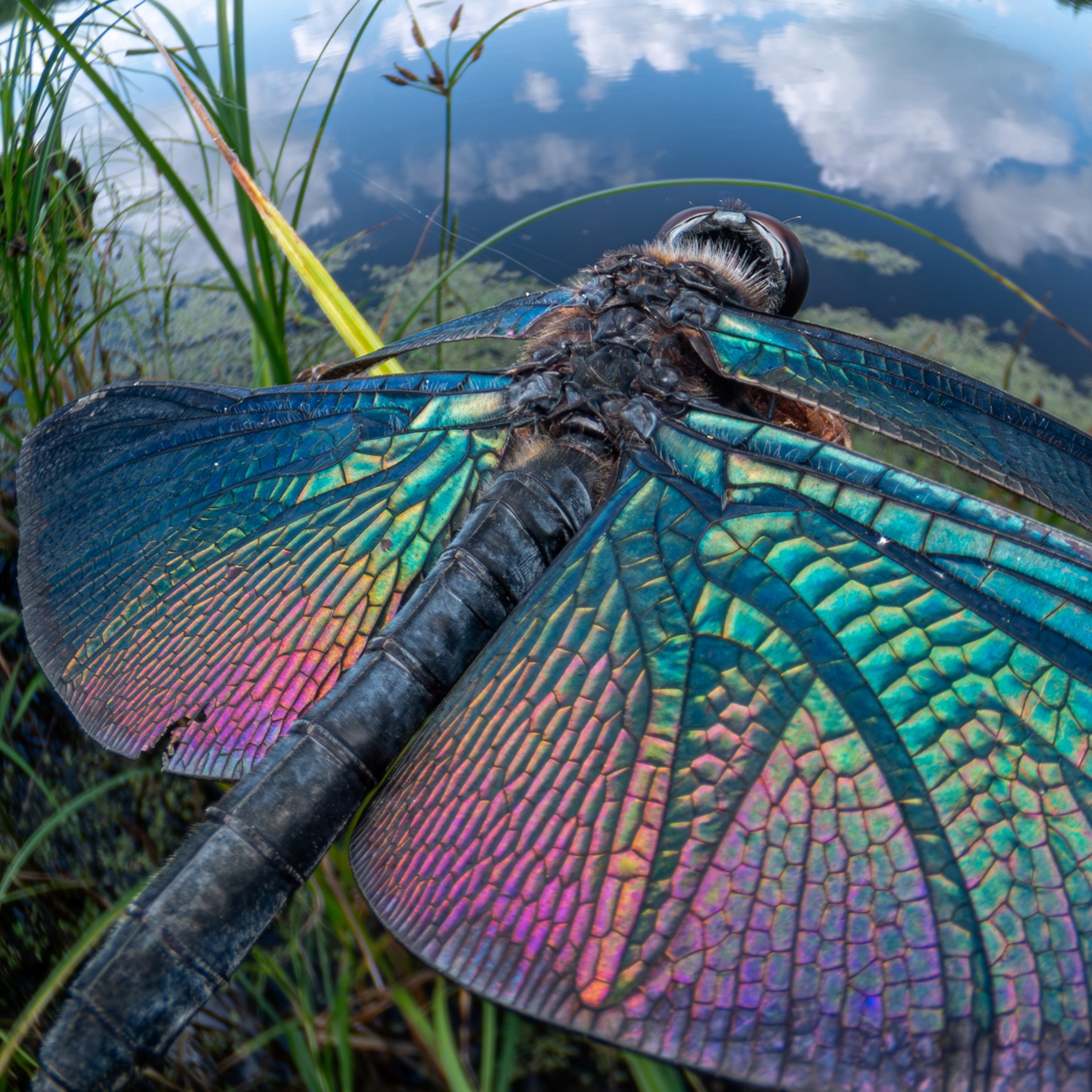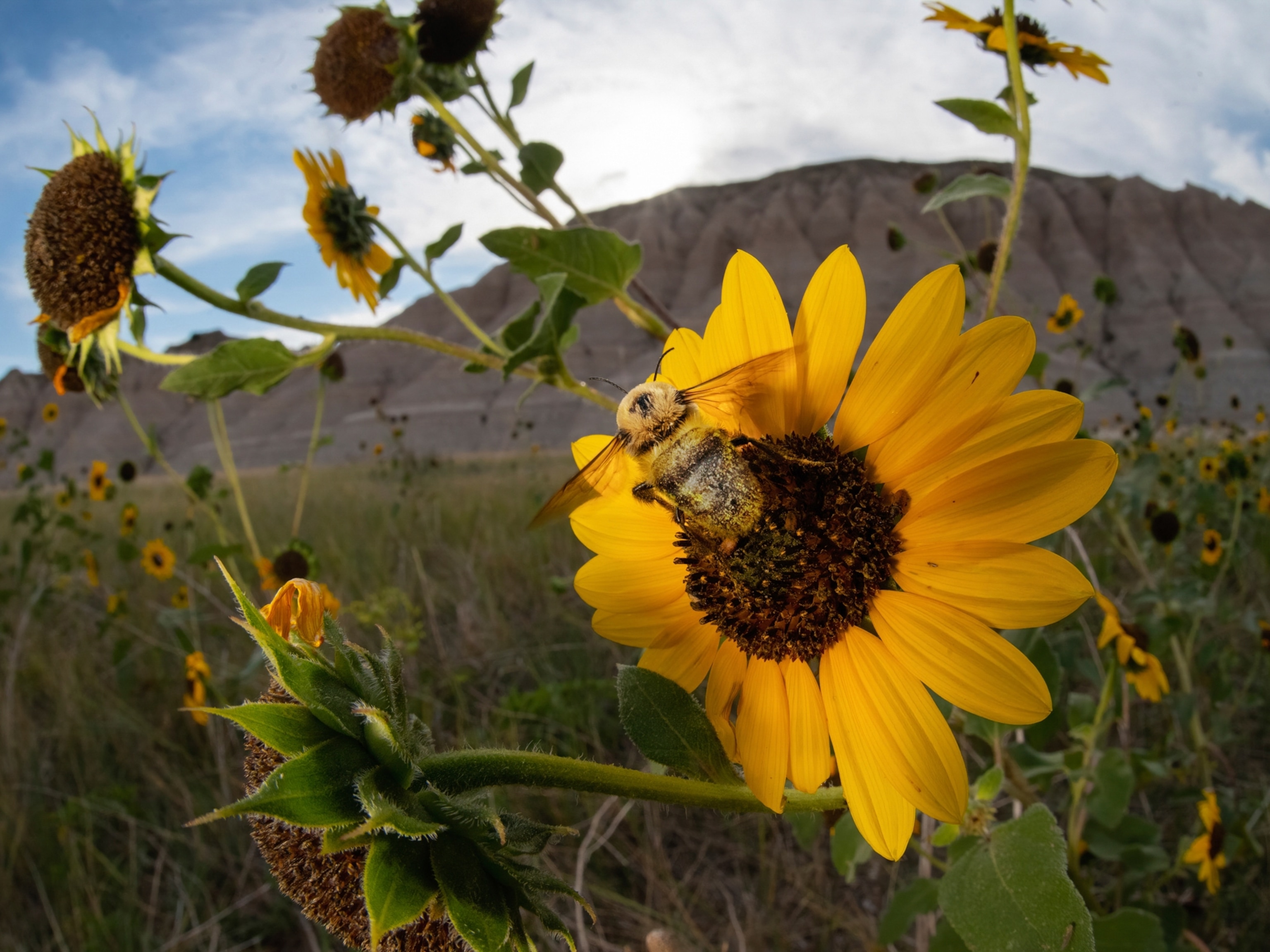The blue orchard bee is a busy friend of fruit trees, pollinating apples, cherries, almonds, peaches, and many other popular crops. They also pollinate many flowering plants native to the United States.
About the size of a honeybee, they’re nevertheless quite different, with a bluish metallic sheen, solitary lifestyle, and a preference to carry pollen on the hairs of their stomachs, rather than on their legs.
These bees, like many pollinators, are both vital for agriculture and extremely vulnerable to a class of pesticides called neonicotinoids, or neonics.
Now new research shows that one of the most widely used agricultural chemicals, a neonic called imidacloprid, does not just harm blue orchard bees immediately, but has negative effects that can be seen across generations.
As described in a study published November 22 in the Proceedings of the National Academy of Sciences, descendants of wild-caught bees exposed to small amounts of imidacloprid as larvae—from tainted pollen and nectar given to them by their mothers—produced 20 percent fewer offspring than blue orchard bees not exposed to the insecticide. Some of the bees were exposed more than once throughout life, and each exposure additionally reduced their fertility.
“The effects are additive—you can’t just take one exposure at face value,” says study leader Clara Stuligross, a doctoral student at the University of California, Davis.
That’s important, since bees often encounter the pesticides repeatedly throughout their lives in the environment. These accumulating, multi-generational effects are not taken into account in environmental risk assessments, which measure harm caused by pesticides and are used by policymakers for regulating chemicals, Stuligross says.
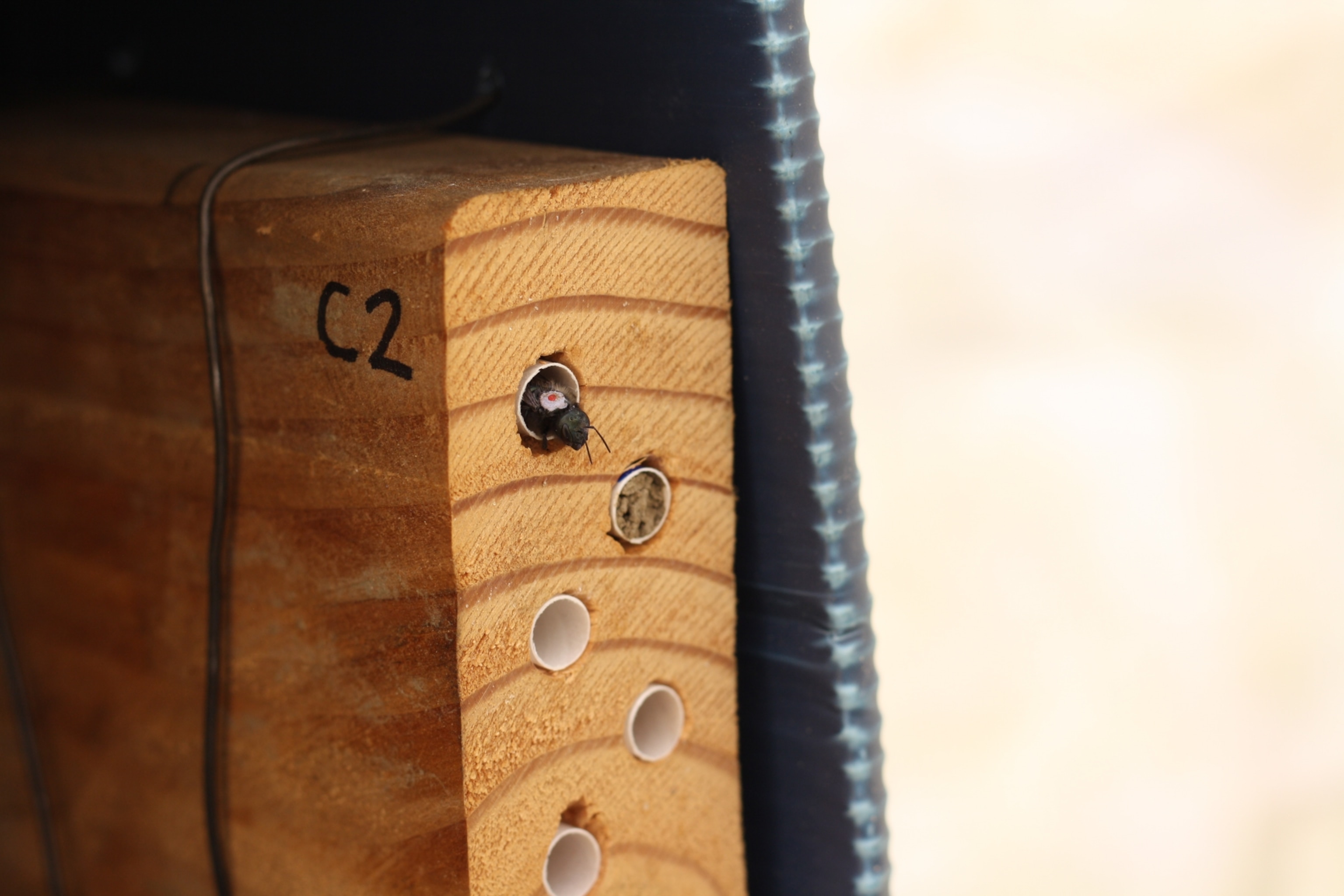
The paper builds on abundant evidence that neonicotinoids play a role in the decline of bees and other beneficial insects—but what is new here is the suggestion that effects can persist across generations, says Steve Peterson, a researcher, beekeeper, and owner of the Foothill Bee Ranch in northern California, which raises blue orchard bees and other species.
“These findings support what many of us beekeepers and solitary beekeepers suspect is happening in agricultural fields,” says Peterson, who wasn’t involved in the paper. “We are seeing massive declines in all kinds of insects over the past several decades and much of it may be due to pesticide residues in the environment.” (Learn more: This bumblebee not seen since 2006 has been listed as endangered.)
Honeybees and native bees alike are also threatened by warming and climate change, parasites such as varroa mites, pathogens, loss of plant diversity associated with development, and other factors. Their decline is dramatic: One recent study found that a quarter of known bee species haven’t been sighted since the 1990s.
Of bees and chemicals
Blue orchard bees (Osmia lignaria) make their nests in holes excavated by other insects, tree cavities, or sometimes in the ground. Females lay multiple eggs, each in its own clay chamber, making walls by mixing up mud to form clay passageways.
After emerging in early spring, the bees spend a couple of days feeding before mating. Then the females lay eggs and provision each with a ball of pollen and nectar. A few weeks later, they die. Their larvae develop into subadults over the summer and emerge from the nest the next spring, starting their cycle over.
This burst of pollination early in the spring is vital for many fruit trees: Blue orchard bees are better and more efficient pollinators than honeybees, as they are more effective at moving around large quantities of pollen.
In the study, Stuligross and colleagues created open-air, outdoor flight cages for dozens of blue orchard bees containing a mixture of flowering plants. In some of the flight cages, five weeks before bees were released, the scientists soaked the soil with the most commonly used formula of imidacloprid used in California, a product called AdmirePro, which is made by Bayer Crop Science.
The scientists applied the pesticide at the maximum level recommended on the label, simulating conditions experienced in the real world. A Bayer spokesperson replied to a request for comment from National Geographic by agreeing that the levels of imidacloprid used in this study were “field-relevant,” but that the study results were “not relevant” because “the product’s label prohibits pre- and at-bloom applications.”
While this insecticide is usually applied to crops such as almonds after blooming, Stuligross replied that these insecticides are used year-round in agricultural environments—and research shows that blue orchard bees in almond groves, for example, are still being exposed to imidacloprid during their short adult lives at levels seen in this study.
After release, the bees lived in the flight cages for a few weeks, pollinating flowers, building nests, and gathering nectar and pollen for their young. By this time, the insecticide had been absorbed by the flowers and become present in all of their tissues.
“They are getting exposed through the pollen and nectar,” Stuligross says. Neonics’ systemic nature (getting incorporated into plant tissues, rather than killing insects on contact) make the chemicals “toxic, but effective” at killing certain pests, such as aphids, she adds—but also inadvertently harms pollinators.
Peterson adds the bees may also be getting some exposure through the soil, since these insects use mud for their nests.
Neonicotinoids kill insects by binding to nerve cells and preventing transmission of electrical impulses. They are less toxic to mammals, though they are harmful to many invertebrates, including aquatic ones, such as crustaceans and plankton that form the basis of freshwater ecosystems. (Learn more: How the world’s most widely used insecticide led to a fishery collapse.)
The researchers used a crossover design, in which some bees were exposed only as larvae, by imidacloprid present in the pollen and nectar carried to them by their mother from plants that were treated with soil spray. Other bees were, however, exposed as larvae and adults; some just as adults; and others not at all.
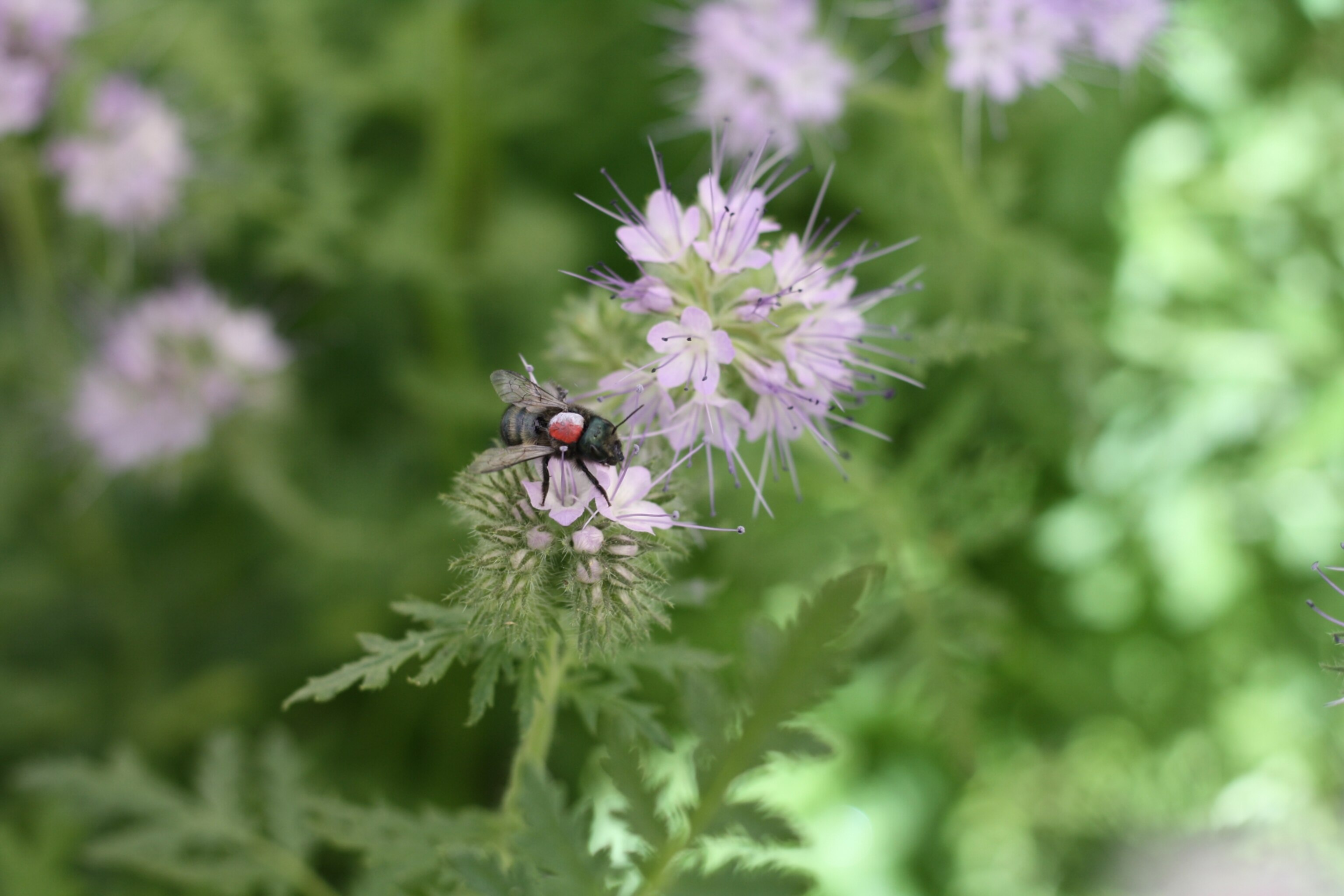
They found that each exposure reduced fertility, and that this added up. While bees exposed only as larvae had about 20 percent fewer offspring than unexposed insects, those exposed early and late in life had 44 percent fewer offspring. Since the bees have about two dozen offspring, this translates to a difference of 10 bees. Bees exposed only as adults had 30 percent fewer offspring.
Researchers don’t yet know how imidacloprid affects fertility, but it’s not surprising that a poison of the central nervous system could have such a result.
These effects are “pretty dramatic,” Stuligross says, and certainly are one reason why some bees are declining in some areas.
The study shows that “today's imidacloprid applications are going to have repercussions for generations of bees long after the boom sprayer has left the field,” says Charlie Nicholson, a postdoctoral researcher at Lund University in Sweden. Such repercussions are not currently taken into account when assessing the chemicals, he says.
“It’s a clear example of how the past is present in an ecotoxicological sense. In a broader sense, these findings also make me consider that generational trauma is something experienced by non-humans too.”
Evidence of harm
Accumulating evidence continues to show neonicotinoids are detrimental to beneficial insects in the United States. While past studies focused especially on lethal effects, more data is showing concerning sub-lethal impacts. For example, one recent paper found that imidacloprid greatly reduces the fertility of solitary squash bees and another study found the chemical reduces activity in honeybees’ mitochondria, where cellular energy is generated. (See also: Insect 'apocalypse' in U.S. driven by 50x increase in toxic pesticides.)
Because of their harm to pollinators and other insects, neonicotinoids such as imidacloprid are banned for outdoor use in the European Union. Many beekeepers and researchers wonder why they are still legal in the United States.
“I hope that the EPA will review studies like this and carefully consider these kinds of effects in their risk assessment,” Peterson says. “I do think that multigenerational and non-direct contact studies need to be required as part of the risk assessment for pesticides.”
We need to do more to “help support bees in these [agricultural] landscapes in particular,” Stuligross says. One way to easily help them is to use fewer pesticides, or grow native plants where possible.
